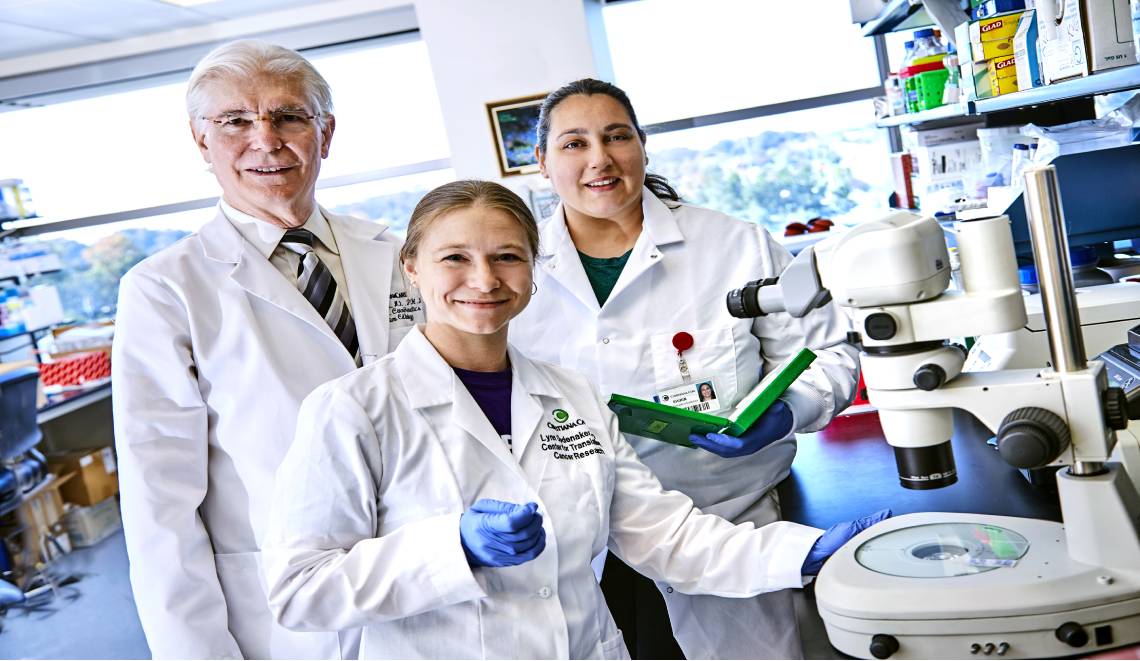

Global concern is increasingly focused on colorectal health. Millions are impacted by conditions such as colorectal cancer and related disorders. Though medical advancements have been achieved, challenges however persist. For improved treatments, advanced diagnostic methods are still needed. To overcome this issue, colorectal cancer trials are constantly being employed to drive these advancements.
Medical progress is fundamentally driven by clinical trials. New treatments, therapies and procedures are evaluated for both efficacy and safety within these studies. A staged approach is employed and initial safety is assessed in small groups. However, subsequent effectiveness is determined in larger populations.
Furthermore, substantial improvements in colorectal care have been achieved through clinical research. Minimally invasive techniques are now used for surgeries previously requiring large incisions. Faster healing and reduced pain are experienced by patients as a result. Also, targeted treatments with fewer side effects have been enabled by developed medications. More effective condition management without the discomfort of harsh side effects is therefore possible for patients in real world scenarios. It's fair to say that every new technique or treatment used today began with individuals who volunteered to participate in trials.
Colorectal diseases present significant hurdles. Colorectal cancer, the third most common cancer worldwide, is often diagnosed at later stages when treatment options become limited. Inflammatory conditions like Crohn’s disease and ulcerative colitis impact many lives, making even daily activities difficult.
Although current treatments help manage these conditions, they are not always enough to provide long-term solutions. Many patients find themselves needing additional options after exhausting conventional treatments. Clinical trials are conducted to explore innovative solutions, from personalized medicine that tailors treatments to individual needs to advanced diagnostic tools that allow earlier detection. Such efforts aim to change the way colorectal diseases are managed, but success relies on participants willing to support the research process.
Despite their benefits, clinical trials often raise concerns. Many worry they might be treated as test subjects or face risks without proper protection. However, strict ethical guidelines ensure the safety of participants. Trials are overseen by experts who review every detail to protect those involved.
Participants are provided with complete information about the study, including its purpose and potential risks. Consent is always given voluntarily, and regular monitoring during trials ensures any health concerns are addressed quickly. In fact, many patients in trials report receiving a higher standard of care because of this close supervision.
A common belief is that trials are only for patients with no other options. In reality, trials are designed for a variety of participants. Some involve individuals in early stages of illness or even those at risk of developing conditions. A man in his 50s, for instance, shared how he joined a trial for a new screening method and discovered early-stage cancer, which was successfully treated. Without that participation, his story might have ended differently.
Participation in clinical studies at Biopharma Informatic allows individuals to play an active role in advancing medical science. These trials offer a way to access innovative treatments while helping shape a better future for others.
By joining a study, patients not only help themselves but also create opportunities for the development of new therapies. Participation reflects a commitment to better health for everyone. At Biopharma Informatic, efforts are focused on transforming care through research, and every participant becomes a part of that mission. Together, lives are improved, and hope is renewed.